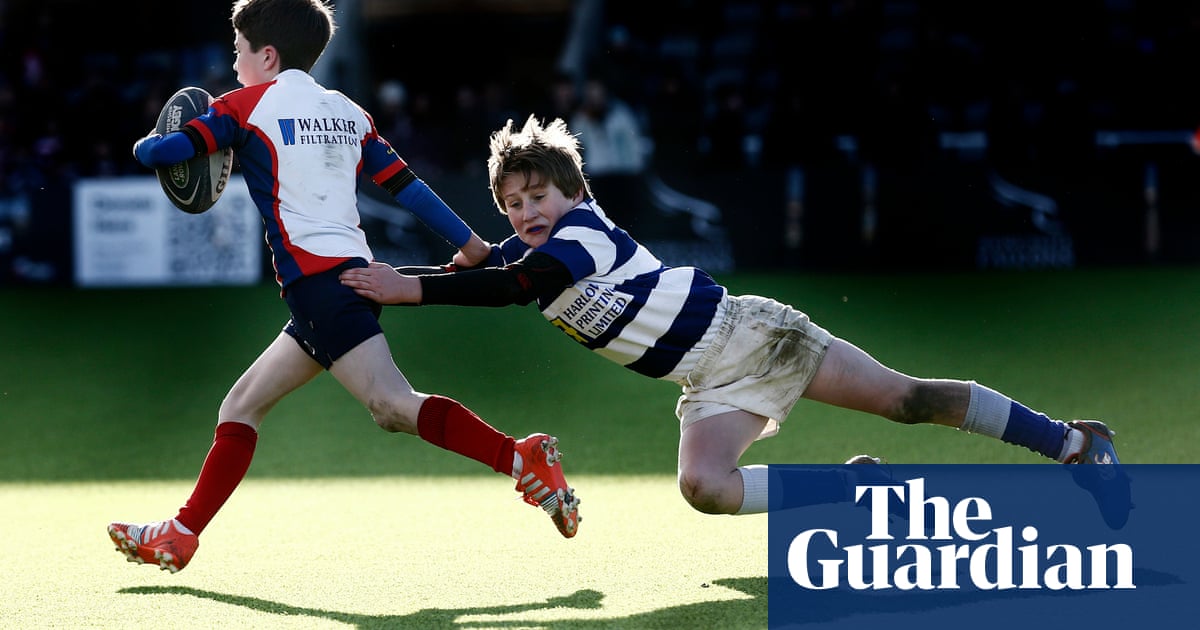
he season must be completed. The season must be abandoned now. As the arguments gabble on, only occasionally acknowledging their own hypothetical nature given how little we know about how the virus will proceed, how long the lockdown may last and whether there may be a second wave of infections when it is lifted, it’s tempting t o dip into another hypothetical. What if this were like a game of Football Manager? What if we could quit without saving and go back and start again last summer? What would Premier League clubs, given their time over, do differently?
Let’s start with the obvious one: Tottenham’s decision to sack Mauricio Pochettino and replace him with José Mourinho. Once a path has been embarked on, there is perhaps some logic in pursuing it to its conclusion, but would Daniel Levy really take that road again? Tottenham are without a win in their past six games. They’ve gone out of the FA Cup and Champions League. They’re seven points adrift of fourth. They’ve kept three clean sheets in 26 games under Mourinho. For Spurs, this season has been a shambles.
Injuries haven’t helped, while Mourinho loyalists point to a creaking and jaded squad. But if the squad is an excuse for Mourinho, why was it not for Pochettino? It’s not as though he wasn’t aware of its failings, not as though he hadn’t been campaigning for two years for greater transfer spending.
Levy, given the choice between replacing the manager or the bulk of the squad, went for the manager, but it looks as if he will end up having to replace the bulk of the squad as well. And when it comes down to it, which would you rather have: a thrusting manager with a point to prove and a recent history of team-building on a budget or a weary former great who has come increasingly to deal in big transfers and whose ideas have begun to look outmoded?
In terms of other managerial comings and goings, Watford may think they could have sacked Javi Gracia in the summer rather than waiting until September and they certainly wouldn’t bother again with the 12 games under Quique Sánchez Flores. Everton, Arsenal and West Ham, perhaps, will think that they could have acted more swiftly to arrest seasons that were drifting.
In terms of the top of the table, Liverpool would presumably change very little, although they might perhaps look at what happened around the winter break and wonder if something in their schedule led to the slight loss of rhythm in February and early March. Given how the Atlético game turned out, they might also look at upgrading their reserve goalkeeper.
For Manchester City, though, there is one clear problem that they would surely take steps to address: the lack of cover at centre-back. The departure of Vincent Kompany inevitably risked leaving a vacuum of leadership, but there was no need for there also to be a vacuum of defensive nous. With Nicolás Otamendi always a slightly rash and clumsy figure, the least obviously Guardiolista player in the squad, and John Stones’s form uncertain, City were left extremely dependent on Aymeric Laporte. That he has started seven league games this season is the major reason the gap to Liverpool is so vast, not only because of his absence but because Fernandinho has been lost to the midfield as he has been forced to drop back as an emergency central defender.
Manchester United’s case is intriguing. Given their improvement after the arrival of Bruno Fernandes – they have won six and drawn three games since signing him at the end of January – they would presumably try to land him in the summer. Harry Maguire, assuming United still deemed him worth the £80m fee, would probably have been signed earlier in the summer to give him more time to adjust to his new teammates; the attempt to drive down the fee by drawing out negotiations simply did not work.
Given that Paul Pogba has started five league games this season and none since September, offloading him last summer presumably would be a priority; surely nobody now, even at United, thinks a positive future still awaits him at the club? And there are those, too, who would argue that Ole Gunnar Solskjær should have been replaced when Pochettino became available, although recent form has perhaps begun to soften the concerns about the Norwegian’s long-term suitability for the job.
What about signings that clubs would now avoid? Would City spend £58.5m on João Cancelo, who has started eight league games? Newcastle, surely, would not spend £40m on Joelinton, a forward wholly unsuited to the isolated frontman role he has been asked to fulfil. Spurs might still splash out £54m on Tanguy Ndombele, but not if they still planned to bring in Mourinho. Aston Villa, perhaps, would rethink their entire transfer strategy: they spent £140m to no great effect. While the injury to Wesley was unfortunate, only Tyrone Mings has been a clear success. West Ham would probably reconsider their transfer policy, but it’s hard to think of the last season when that wouldn’t have been the case.
Leicester and Chelsea presumably wouldn’t change too much, although Frank Lampard might start using Olivier Giroud earlier given the opportunity. But perhaps the most interesting case of a club with little to fix is Norwich. It is easy to say that they should have spent more, that a splurge on a couple of high-class players might make the difference for them.
But given the financial constraints under which they operate, it’s not clear how much more they could have done. Daniel Farke is a consistently engaging coach whose young team play attractive, bright football. It wouldn’t have taken much to have gone differently for them not to be adrift at the bottom.
That, perhaps, is the key: the league table doesn’t lie, but it cannot be considered without context. And that’s where asking, given context, what might reasonably have been improved feels useful. No audit can look only at results.












